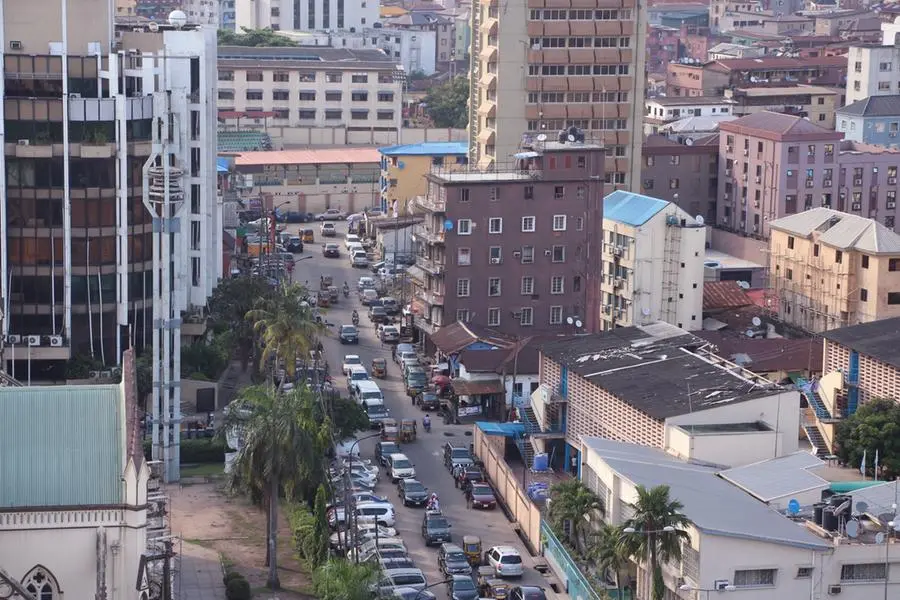PHOTO
Experts under the auspices of African Initiative for Transparency, Accountability and Responsible Leadership (AfriTAL) have called for development of biogas digesters to convert waste to power.
They are optimistic that funding of the project will, in addition to cutting methane emission in the environment and help to create wealth in the Niger Delta region.
The experts who were drawn from various research centres made the call during their recent meeting in Port Harcourt, Rivers State.
They called on the state governments in the Niger Delta to join the war against human-induced methane emission to save the oil region from the raging effect of emissions.
According to the experts, partners humans cause almost 50 percent of methane emissions that add to the 50 percent from fossil fuel to threaten the region and a major way out is funding of biogas digesters to convert waste to power and create huge wealth in the region.
Samples of digesters were presented by researchers who said N2 million can produce one set but under mass production schemes, the unit costs will significantly reduce.
Executive Director of AfriTAL, Brown Louis Ogbeifun, in his presentation said the call is for the possibility of communities redesigning their septic tanks and soakaway systems in such a way that they become a veritable source of electricity and cooking gas so that waste turns to wealth and reduce the raging environmental threat.
He said that of all the significant sources of emissions into the atmosphere, agriculture and improper waste management relate to human daily activities and wastes.
He observed that uncontained methane in the atmosphere accelerates global warming and worsens air quality by forming ground-level ozone (O3).
He added that methane has been identified as a potent greenhouse gas contributing significantly to global warming. “It has been stated that over 100 years, its effects are almost 30 times greater than those of carbon dioxide (Copilot), which makes it an urgent call to action by everybody. Although methane is very useful and naturally occurring in the atmosphere, it becomes hazardous in high concentrations.”
Summarising the workshop, Ogbeifun said: “We have no control over what government will throw at us, but we do what we can do”.
“History will remember us for good, that we started fighting for a plan within the Niger Delta, to be rid of methane emissions and we are saying that we need to start doing things differently in that domain.”
On his part, a researcher who fabricated the biogas digesters, Peter Chukwudi showed how families, estates or communities can use their refuse dumps to generate power and cooking gas.
Other experts including Civil Society Organisations (CSOs) and the oil and gas sectors restated the importance of partnership. They also emphasised the place of mind-reengineering as the way forward to mitigating methane emissions in Nigeria.
Highlighting some of the actions participants were expected to take to abate methane emissions, Soberekon Afiesimama, during his presentation on ‘Methane Abatement in Nigeria: A call to action’, said financial support for methane reduction projects, environmental education, research, regulatory measures, technological innovations, among others, are some of the collective actions that can be taken to abate methane emissions in Nigeria.
Speaking, Nimi Elele from the Department of Climate Change, Ministry of Environment, stated that going by the Sustainable Development Goal 17 (SDG-17), partnership is very key in abating methane emissions in Nigeria.
Copyright © 2022 Nigerian Tribune Provided by SyndiGate Media Inc. (Syndigate.info).




















